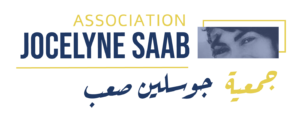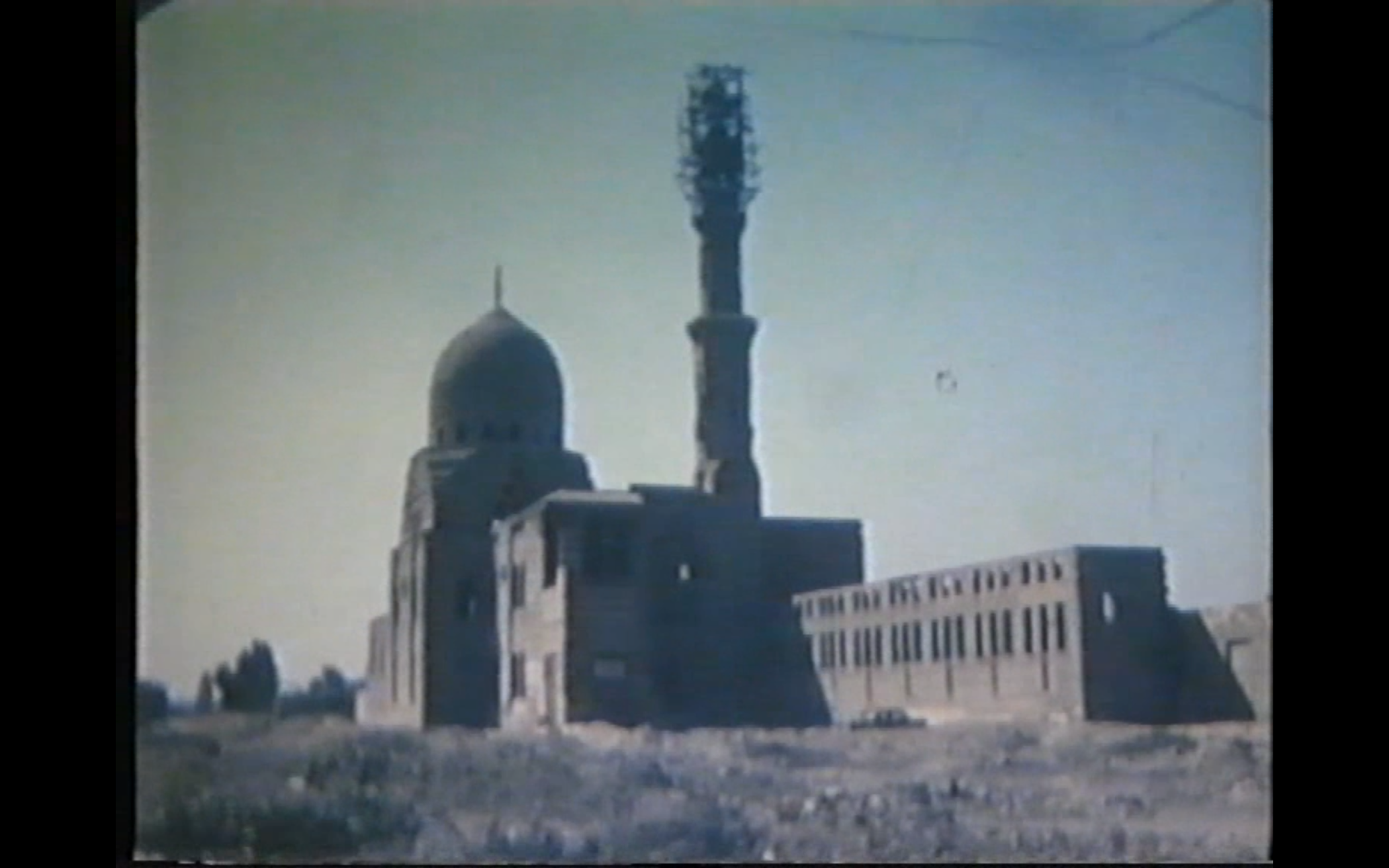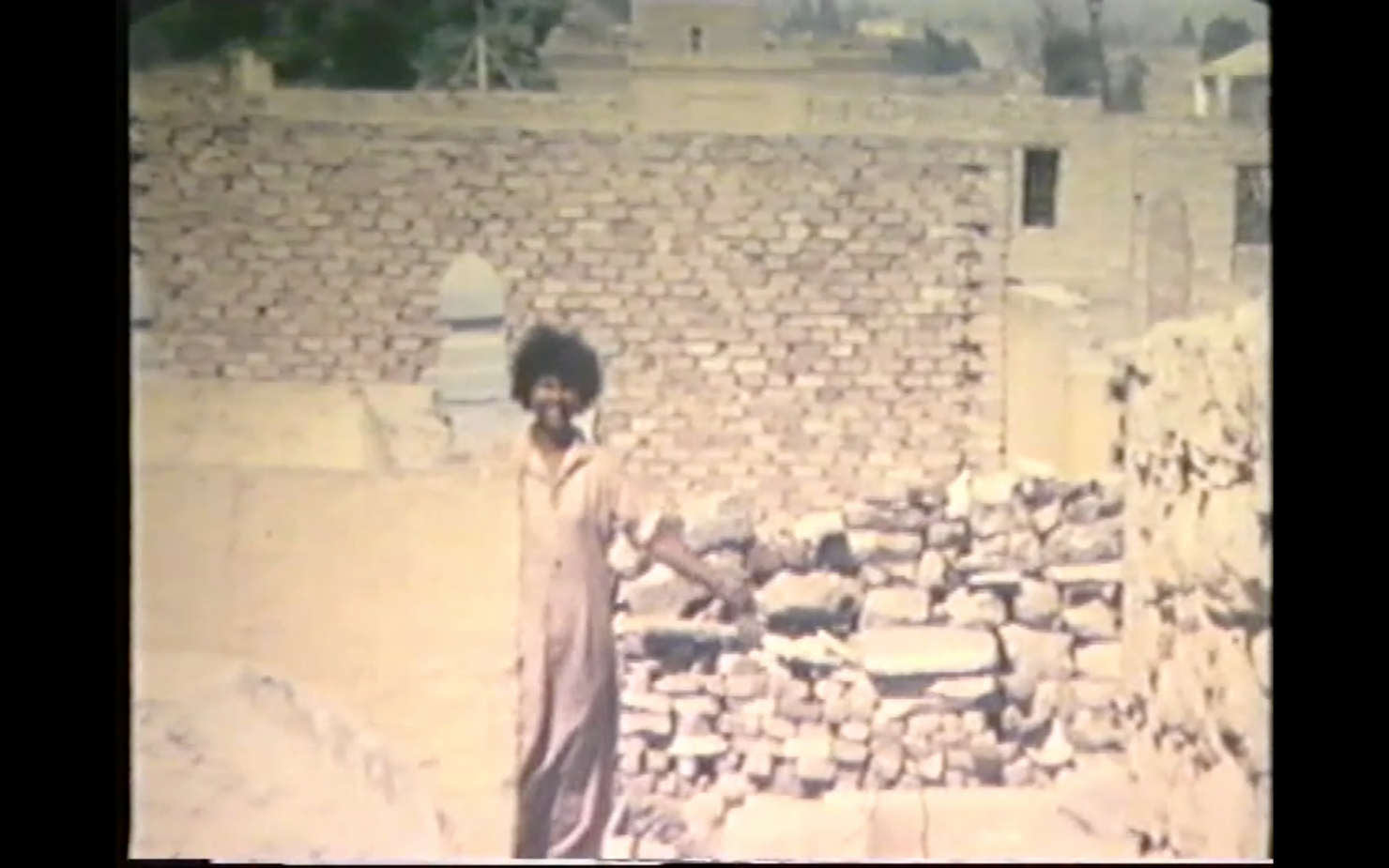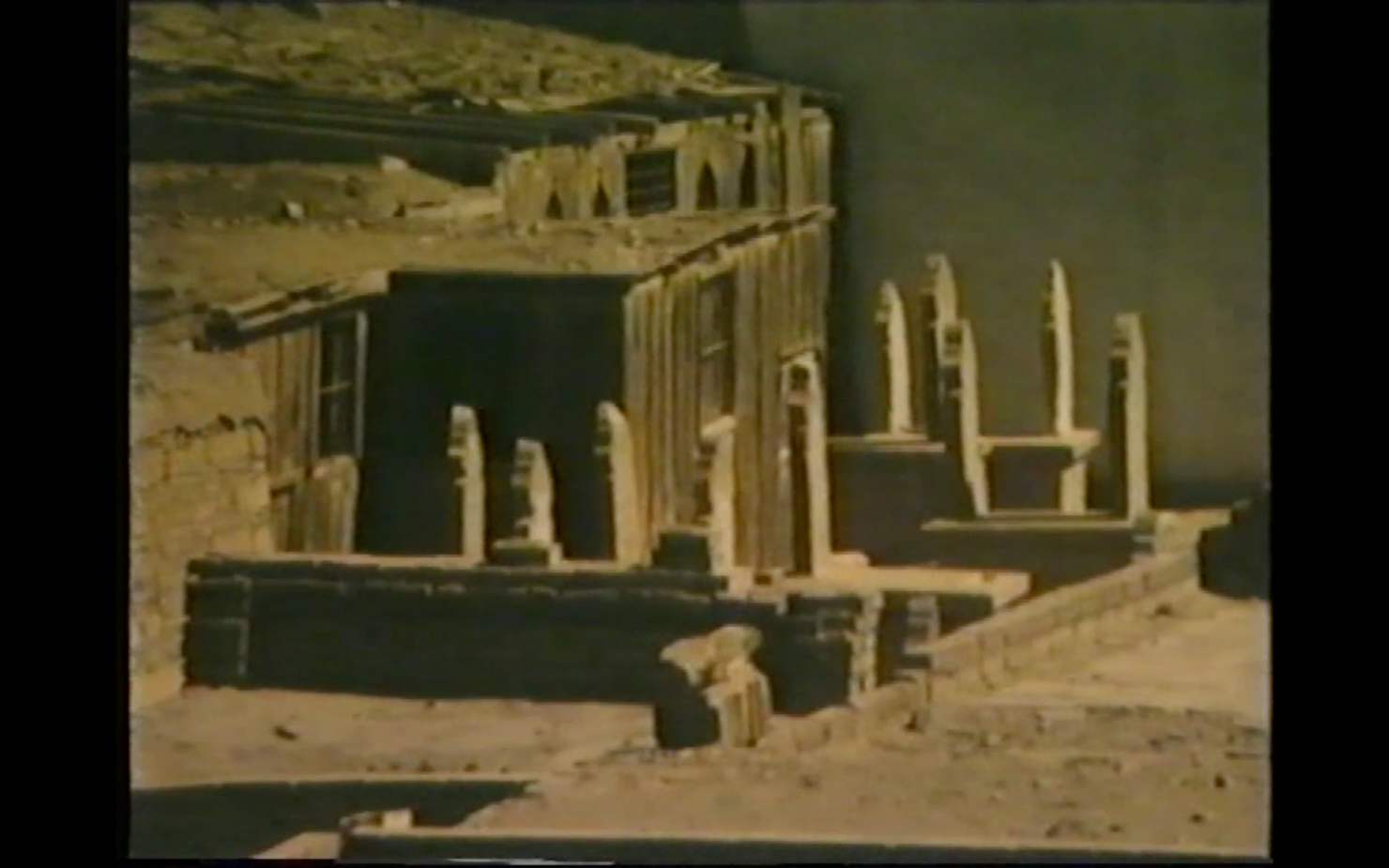In this portrait of Cairo, “mother of the world”, Jocelyne Saab searches for the city’s origins. While her own city, Beirut, is being torn to pieces, in the City of the Dead she finds the traces of lifestyles and traditions that are also disappearing in the face of increased globalization.
Jocelyne Saab’s word…
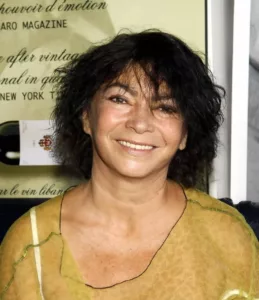
Statement of intent
I directed this film in February 1977 following the revolts that took place the same year on the 18th and 19th of January. Several sequences were filmed without permission. The Egyptian Left had been severely suppressed, and indeed two of the characters who appear in the film are currently in prison: Sheikh Imam, the blind singer, and Azza, the wife of the Egyptian poet Ahmad Fouad Nagm.
It’s the story of an inhabited cemetery– The City of the Dead – that extends from the gates of Cairo all the way up to the public landfill sites of the city, like a living reproach and a guilty conscience.
sis.
Starting in the City, the film shows the popular neighborhoods of Cairo that bulge, girdled by poverty, each day more threatened by paraly
Jocelyne Saab
